-83%
Cloud Computing in Healthcare: Empowering Medical Imaging and Beyond
Data Processing and Storage:
The relentless growth of medical data has necessitated the adoption of cloud computing. Healthcare researchers leverage cloud platforms to process, store, and exchange vast amounts of medical information, enabling them to make informed decisions and improve patient care.
Machine Learning for Health Data Security:
Advanced machine learning algorithms have revolutionized the safeguarding of sensitive health data in the cloud. By detecting and preventing unauthorized access, these algorithms enhance patient privacy and trust in healthcare systems.
Fog Computing in IoT Healthcare:
Fog computing brings cloud-like capabilities to the edge of the network, closer to medical devices and sensors in Internet of Things (IoT)-based healthcare systems. This provides real-time processing and analysis of medical data, enabling timely interventions and personalized care.
Medical Imaging and Fog IoT Networks:
Cloud-based fog computing empowers healthcare providers to perform advanced medical imaging applications on IoT networks. By leveraging the cloud’s vast resources, they can enhance image quality, expedite diagnostic processes, and improve patient outcomes.
Diagnostic Imaging and Associated Services:
Cloud computing has transformed diagnostic imaging services by providing access to sophisticated image analysis tools and expert consultations. Remote specialists can collaborate with healthcare providers to analyze medical images, leading to more accurate diagnoses and appropriate treatments.
Image Steganography for Medical Informatics:
Image steganography conceals sensitive medical information within medical images. Cloud-based platforms facilitate the secure transmission and storage of these images, protecting patient confidentiality and promoting the responsible use of medical data.
Advancements in Biomedical Analysis:
Cloud computing has accelerated scientific research in biomedical analysis. By harnessing its computational capabilities, researchers can develop new techniques for image processing, disease prediction, and personalized treatment plans, ultimately improving the quality of patient care.


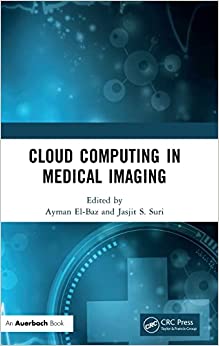
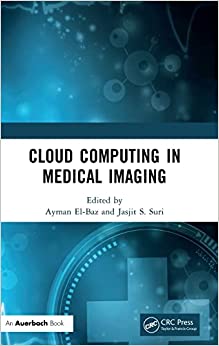
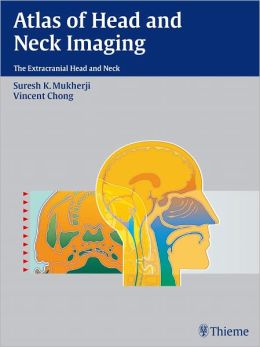
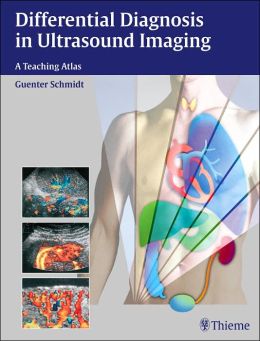


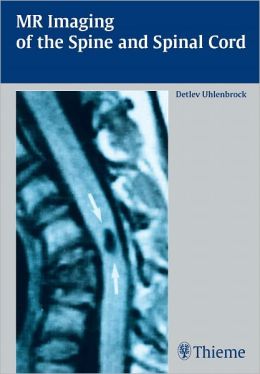
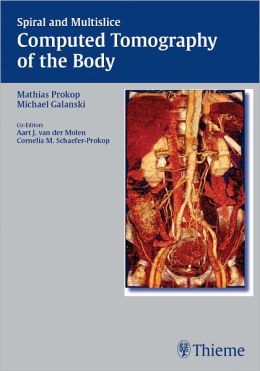
Reviews
Clear filtersThere are no reviews yet.